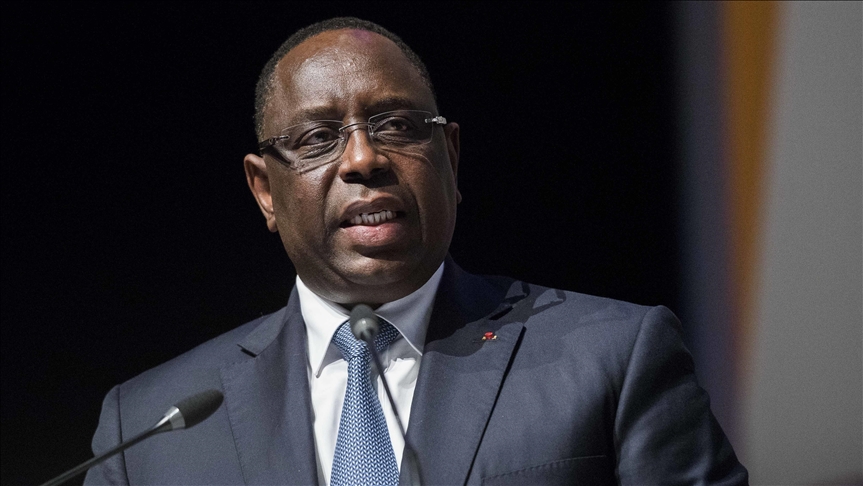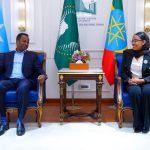Senegal’s President Macky Sall called Monday for an end to street protests that erupted following the detention of Ousmane Sonko, an opposition leader.
In his address to the nation, Sall offered his condolences to the families of those who lost their lives during the protests, which he said caused unprecedented material and human losses, noting that multiple public buildings were attacked and many businesses were looted.
Stressing that no excuse could justify the ongoing violence, the president called on the nation to calm down and express its feelings in a non-violent manner.
Sall went on to say that he gathered with different segments of society including religious groups, NGOs and employee unions and noted that the case regarding Sonko — head of the opposition political party Patriots of Senegal for Work, Ethics and Fraternity (PASTEF) — should be left to the judiciary.
Accused of charges of rape and making death threats, Sonko was stripped of his lawmaker status. On March 3, he along with an accompanying convoy attempted to go to a court in Dakar. However, the police said only four to five cars were allowed and the convoy and mass-entering would not be permitted.
Later on, Sonko was detained for disturbing the public order, which triggered violence between law enforcers and his supporters. The violence relatively calmed on Wednesday, but it resurfaced on Friday. The opposition parties and NGOs called for three days of protests starting from March 8.
At least five people lost their lives due to the violence, and many places of business were looted and torched.
Following his release, Sonko said at a news conference that the street protests would continue and state authorities must pay compensation to the families of those killed during the protests and the assailants had to be brought to justice.
Also calling for the release of political prisoners and detained individuals, Sonko said he himself would file a complaint with the International Criminal Court (ICC) and it was important to reveal the identity of the “militia” who were armed and wearing body armor.
He argued that a revolution had begun in Senegal and it could not be stopped, adding the opposition should maintain this momentum until the elections slated for 2024.





